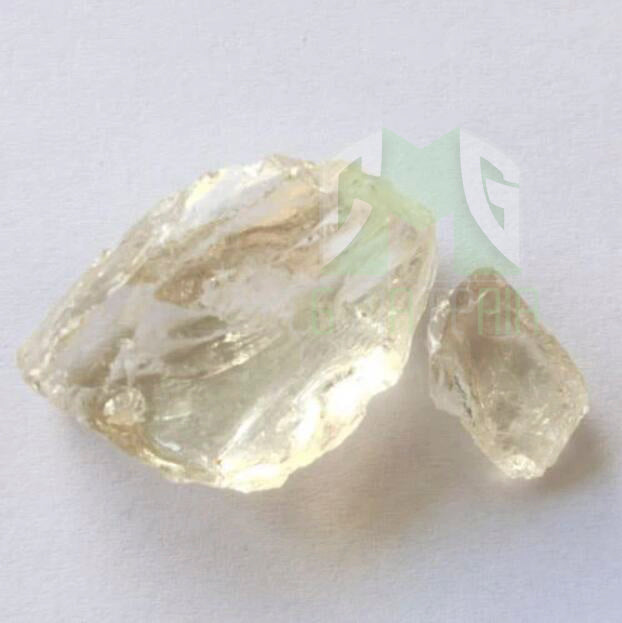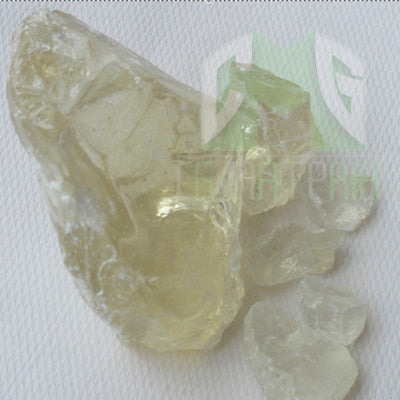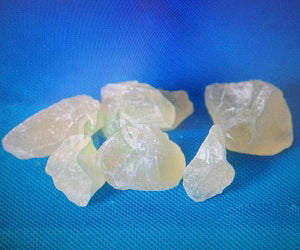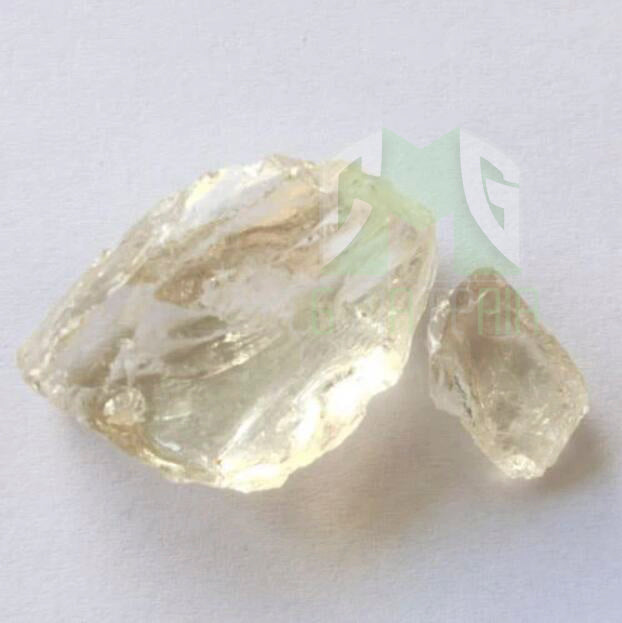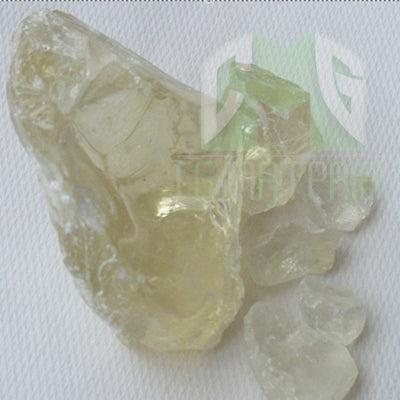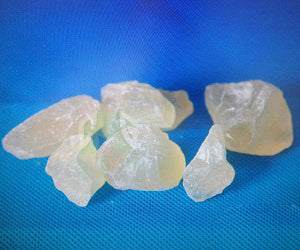CG MATERIAL
Polycarbosilane Lump (PCS Lump)
Polycarbosilane Lump (PCS Lump)
Polycarbosilane Lump (PCS Lump) is a high-performance polymer material that is widely used in the production of advanced ceramics and carbon materials. It is a precursor material that can be converted into various forms of silicon carbide, carbon fibers, and other high-performance materials through a pyrolysis process.
PCS Lump is a dark brown solid material that is soluble in organic solvents such as toluene and chloroform. It is a thermosetting polymer with a three-dimensional network structure, which means it cannot be melted or re-molded once it has been cross-linked. PCS Lump has excellent thermal stability and can withstand temperatures up to 1000°C without significant degradation.
PCS Lump is used in the production of advanced ceramics and carbon materials due to its ability to form high-purity silicon carbide and carbon fibers through a pyrolysis process. It is also used as a binder in the production of advanced ceramics, such as SiC ceramics and ceramic matrix composites.
In addition, PCS Lump is used in the production of high-performance carbon materials, such as carbon fibers and carbon nanotubes. It is an important precursor material for the production of carbon fibers, which are used in a wide range of industrial applications, including aerospace, automotive, and sporting goods.
Overall, Polycarbosilane Lump (PCS Lump) is a high-performance polymer material that is widely used in the production of advanced ceramics and carbon materials. Its unique properties make it an important precursor material for the production of high-performance materials that are used in a wide range of industrial applications.
Silicon Carbide Ceramics Properties
| Compound Formula | SiC |
| Molecular Weight | 40.1 |
| Appearance | Black |
| Melting Point | 2,730° C (4,946° F) (decomposes) |
| Density | 3.0 to 3.2 g/cm3 |
| Electrical Resistivity | 1 to 4 10x Ω-m |
| Poisson's Ratio | 0.15 to 0.21 |
| Specific Heat | 670 to 1180 J/kg-K |
Silicon Carbide Ceramics Specification
| CAS#: 409-21-2, Not Hazardous | |||
| Powder, F.W. 40.10, m.p. 2700 °C, Spec. Gravity 3.217 gm/cm3 | |||
| Item No. | Description | Purity | Lot Size |
| CB14-85 | Silicon Carbide Powder Particle Size:18, 30, 40 or 200 mesh |
> 85 % F.C. < 2.5%, Fe2O3 < 2%, Al2O3 < 1.2% |
Customize |
| CB14-90 | Silicon Carbide Powder Particle Size:18, 30, 40 or 200 mesh |
> 90 % F.C. < 1.5%, Fe2O3 < 1.2% |
Customize |
| CB14-98 | Silicon Carbide Powder Particle Size:18, 30, 40 or 200 mesh |
> 98 % F.C. < 0.6%, Fe2O3 < 0.7% |
Customize |
Silicon Carbide Ceramics Applications
Until the invention of boron carbide in 1929, silicon carbide was the hardest synthetic material known. It has a Mohs hardness rating of 9, approaching that of a diamond. In addition, SiC crystal has fracture characteristics that make them extremely useful in grinding wheels and in abrasive paper and cloth products.
Its high thermal conductivity, together with its high-temperature strength, low thermal expansion, and resistance to chemical reaction and thermal shock, makes silicon carbide valuable in the manufacture of high-temperature bricks and other refractories.
SiC ceramic is also classed as a semiconductor, having an electrical conductivity between that of metals and insulating materials. This property, in combination with its thermal properties, makes SiC a promising substitute for traditional semiconductors such as silicon in high-temperature applications.
Polycarbosilane Lump Specifications
| CAS No. | 62306-27-8 |
| Melting point | 79-84 °C |
| Density | 1.1 g/mL at 25 °C (lit.) |
| Molecular weight | average Mw ~800 |
| Appearance | Pale yellow lumps |
Polycarbosilane Lump Applications
Polycarbosilane lump has the following applications:
– Preparation of silicon carbide fibers
– Preparation of ceramic coatings
– Preparation of ceramic porous materials or foams
– Preparation of ceramic powders
– As inorganic binder materials
– Production of ceramic matrix composites
Packaging
We handle our products with care to ensure they remain in their original condition during storage and transportation and to preserve their quality.
